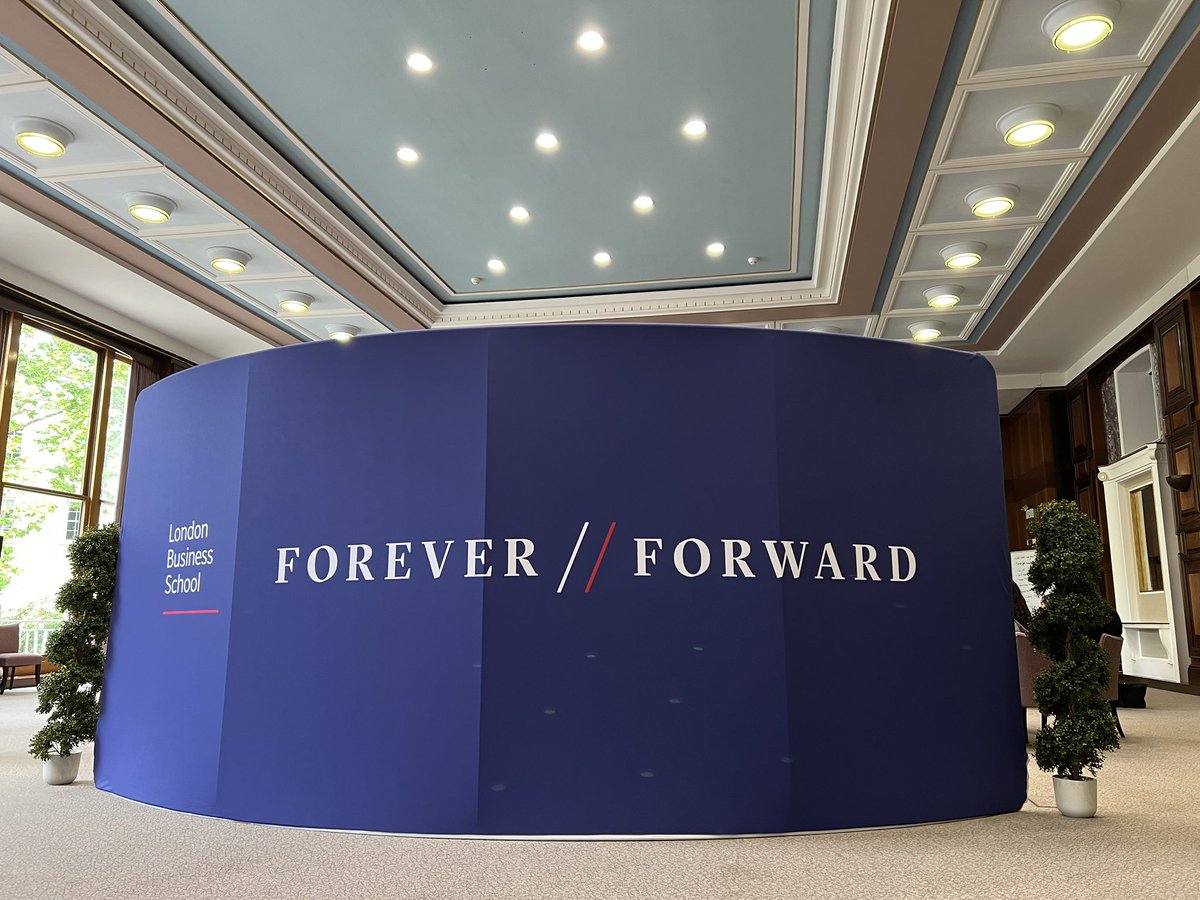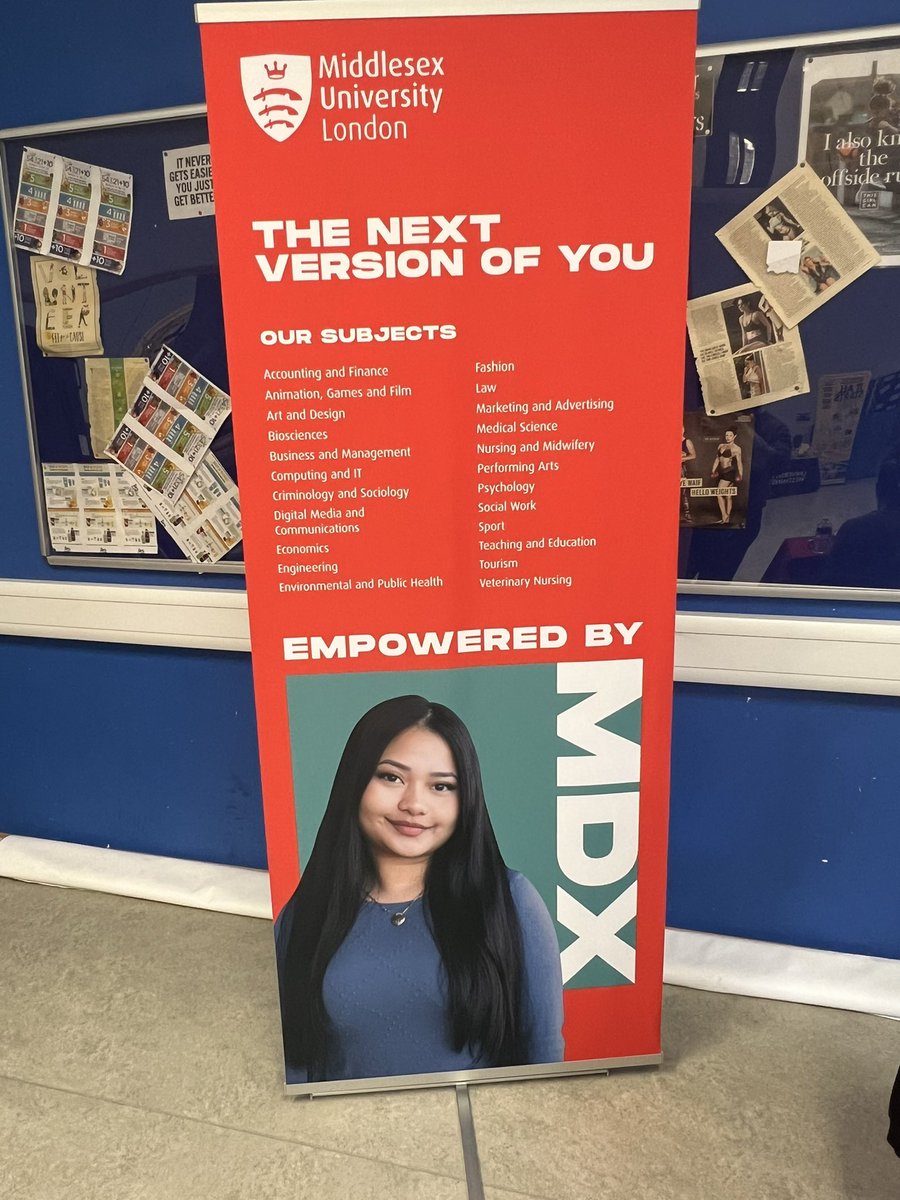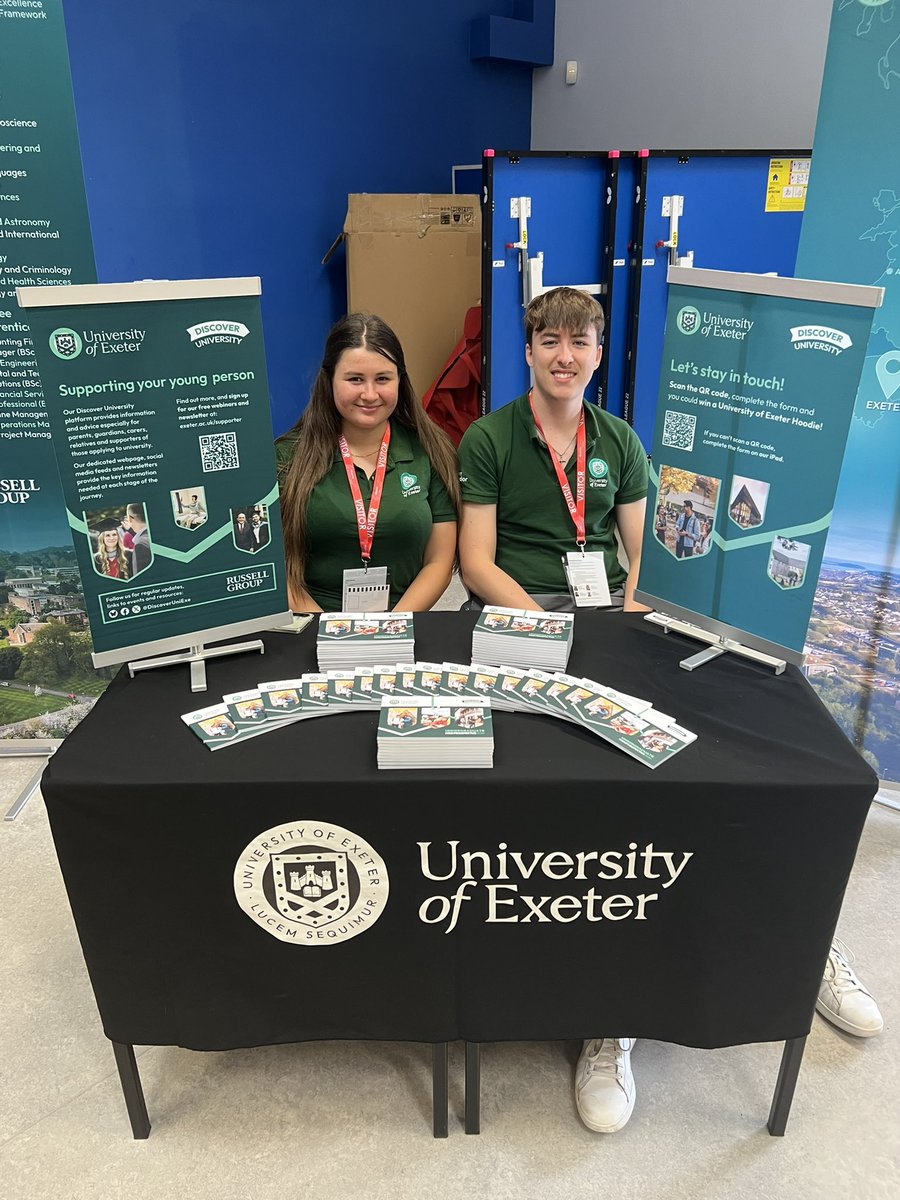Literacy
At HASJW, we promote the values of 'WORD' skills: Writing, Oracy, Reading and Development of vocab
The importance of Writing
As you can see from our (attached) Literacy policy, we work hard to support students with a range of strategies to improve their writing.
In May 2023, the Harris Federation audited our literacy provision, meeting staff, observing lessons and analysing reading age test data. The audit report said:
"Literacy development, including disciplinary literacy, has been an area of focus for several years at the academy which is evidenced by the effective embedding of a wide range of literacy strategies across the curriculum. Training has focused on breaking down complex writing tasks combining writing instruction with reading and exposing the students to appropriately challenging academic texts."
The importance of Oracy
Alongside a number of Oracy workshops such as the Jack Petchy Speak Out sessions, Oracy competitions and Debate Mate, our teachers are trained to support the development of students' oracy skills. Please, see (attached) our Oracy policy.
In July 2023, our students competed in a competition with other Harris schools. The judges reported:
Both speeches were amazing: Mundhir was told he could be a professional speech writer in the judges' feedback, and Keyaan's was a really inspirational and moving speech.
In July 2024, our students competed in a competition with other Harris schools. The judges reported:
We are very proud of Amira as she came second (out of 27) in the Harris Speak out challenge organised by Harris Girls Academy East Dulwich. Amira's speech was on gender equality and was praised for her thoughtful and eloquent speech and for delivering it without notes. Mohammed was clearly the audience's favourite, he came 4th (of 27) with special mentions from the judges. They loved how entertaining and confident he was.
The importance of Reading
Reading each night is an important aspect of educational success. Indeed, research has proven that reading enjoyment is more important for children's educational success than any other factor (OECD, 2002). For this reason, the school routinely tests students’ reading age.
To improve their reading further, students must read a book every night for at least 30 minutes. They should aim to finish a book of their choice every two weeks. It is very important that you encourage them to do so. All students have access to a range of challenging and age-appropriate books to borrow in the school library.
All students in Year 7-10 have some form of Reading or Literacy in Tutor Time. Year 7 and Year 8 complete both a Tutor Time Reading session focusing on teachers reading aloud and teaching explicit vocabulary, as well as a Literacy session.
All Sixth Form students have access to the book box in the 6th Form LC for a selection of reading. Year 12 students are allocated 'Careers Reading Groups' (once a week, during tutor time), in which they read and discuss articles related to their future career interests.
In May 2023, the Harris Federation audited our literacy provision, meeting staff, observing lessons and analysing reading age test data. The audit report said:
"The Leaders of Literacy have put in place a range of initiatives to develop a love of reading amongst students. The library is a bright and attractive space."
Reading Age tests (Years 7-10):
HASJW uses a programme called NGRT to test students' Reading Ages (More information is available here). The test is made up of two parts: sentence completion (which measures decoding with some element of comprehension); and passage comprehension (which measures a range of comprehension skills of increasing difficulty).
Students who read routinely for pleasure often have reading ages higher than their actual age. Some students have reading ages lower than their actual age (e.g. they might be 14 years old but have a reading age of 13, because their language skills are under-developed.) These students receive extra support in school. Please see below for a list of the interventions we offer.
In May 2023, the Harris Federation audited our literacy provision. The audit report said:
"Leaders of Literacy have worked hard and considered a range of factors when developing the academy wide approach to literacy. NGRT tests show that around 80% of students have an average or better score and the mean standard age score for this group is significantly higher than the national average."
Accelerated Reader (Years 7-10):
To support students’ reading skills we use a programme called Renaissance Place (Accelerated Reader), which allows students to take quizzes on books they have read. Their English teacher will then offer advice on what they might read next. This program has a special feature called Renaissance Home Connect, which your child and you can access outside of school from any computer with an Internet connection. You can log in to Renaissance Home Connect from any computer with an Internet connection and compatible browser. Their usernames and passwords can be found in their planners.
All pupils' usernames are their first name and surname with a space in between.
All pupils' passwords are abc1
For a list of compatible browsers, please click here.
If you'd like to receive emails showing your student's quiz or test results, click the Email Setup link in Renaissance Home Connect and follow the directions. To be sure these emails reach your inbox, add homeconnectautodelivery@renlearnrp.com to your address book.
Renaissance says...
"According to research, children who read for at least 25 minutes a day see the greatest gains."
Development of Vocab:
Bedrock is a teaching tool/intervention which teaches students new vocabulary. Students should use Bedrock every Monday/Wednesday/Friday evening, as part of their homework. However, they are able to complete tasks every day including weekends, if they wish to do so. Students have already been provided with the usernames and passwords. Access codes are also available for parents so that they can also track and monitor the progress of their child. These are stuck into student planners. If you cannot find the stickers in their planners, you can get these access codes by emailing H.WillisJones@harristjohnswood.org.uk.
In October 2024 we received this email from the Curriculum Lead at Bedrock:
On behalf of everyone at Bedrock Learning, I just wanted to say a massive congratulations to everyone at Harris Academy St John's Wood for finishing in the top 25 of Bedrock's schools internationally
for learner engagement and tier 2 words taught per learner last month. This is an incredible achievement and speaks volumes about the brilliant work you’ve put into implementing Bedrock so effectively. Thanks to your efforts, your learners are benefitting from an enriching, personalised literacy curriculum that’s setting them up for success in school and beyond.
Targeted support (Years 7-13):
Depending on the Reading Age of students and their needs, they may be invited to attend some of the following. Please, see attached document on 'Literacy Interventions Overview' for evaluation of the impact of these interventions, as well as details of how staff are trained to deliver this support and how students are selected.
- Bedrock Catch Up Group: Providing an extra opportunity for pupils to complete their Bedrock homework with an English teacher. Tuesday lunchtime 12.55pm-1.30pm for Years 8 and 9 and Wednesday lunchtime for Years 7 and 10.
- Year 7 Phonics Intervention: targeted, bespoke Phonics support for identified learners during Tutor Time Tuesday-Friday in very small groups. This is delivered during Tutor Time so that learners are not missing out on the curriculum. Delivered by Miss Willis-Jones, Miss Lees and Ms Osman, our Literacy LSA.
- Year 8-10 Phonics support group: Monday after school 3.35-4.10pm
- Year 7 and 8 Reading Comprehension intervention: Wednesday 3.35-4.10pm
- Year 9 and 10 Reading Comprehension intervention: Wednesday 3.35-4.10pm
- EAL A & B support intervention: timetabled for students in groups throughout the week
- Key Stage 3 and Year 12 Reading Mentors Programme supporting Year 7s with reading aloud: Tuesday Tuesday Tutor Time
- Literacy Support focused Year 8 class. This class was originally grouped together for those that required Phonics support. Now that pupils have graduated from the Fresh Start Programme, they are returning to the mixed mainstream classes.
- Read to Grow Club for 12 of the top Year 7 readers. Reading a longer novel and using Reading strategies.
- Tutor Time Reading: Year 7 and 8 pupils read to by Tutors with a focus on explicit vocabulary teaching.
- Creative Writing Club (Y7-11)- Wednesday lunchtime
- Spelling Bee (Y7) - end of year celebrations.
- Debate Mate (Y7-10) - Wednesday, 4-5PM
Our provision of targeted support, using Phonics and Comprehension resources developed by Ruth Miskin's Fresh Start programme, was reviewed in May 2024. On the back of that, our consultant from Fresh Start sent us an email saying:
"Your [Fresh Start teachers] team are dedicated and have strong relationships with the students. We observed calm lessons with much participation."

















